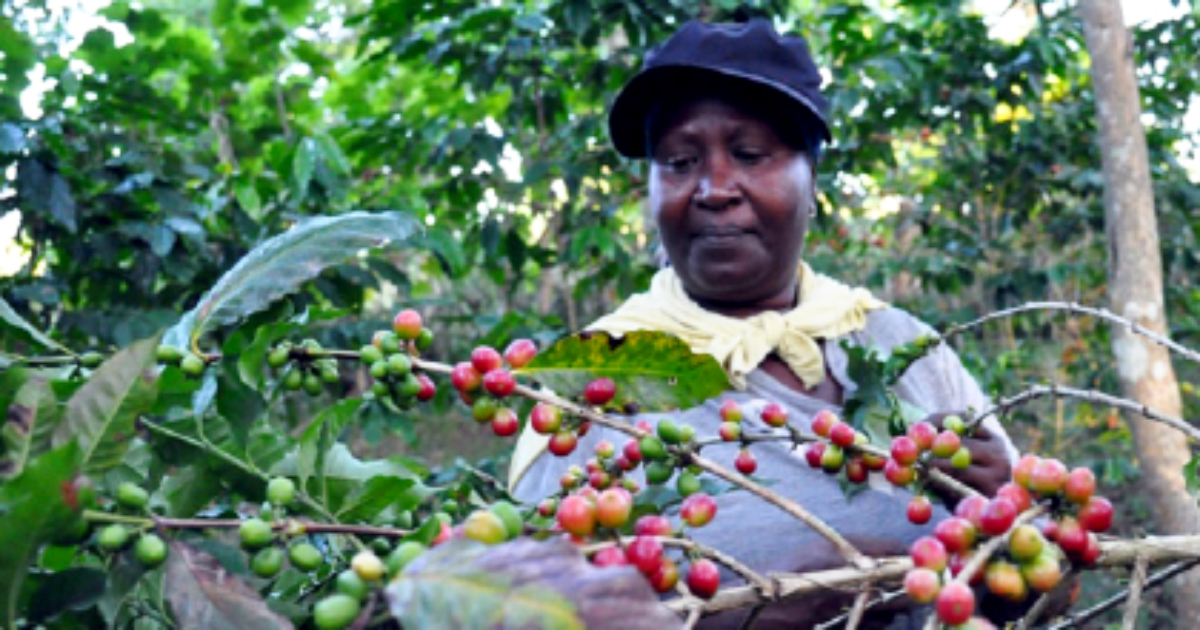The Economic Commission for Latin America and the Caribbean (CEPAL) released its 2024 report on foreign direct investment (FDI) in the region, and it notably omits any data regarding Cuba. "The Economic Commission for Latin America and the Caribbean (CEPAL) has published its 2024 report on foreign direct investment. It provides data for all countries in the region, except Cuba. In fact, the word Cuba does not appear in the report,” noted Cuban economist Pedro Monreal on his social media.
According to the executive summary of the report, foreign direct investment in Latin America and the Caribbean is facing “a highly challenging moment, as the region is experiencing a development crisis expressed in three major traps: a low capacity to grow trap, characterized by low, volatile, exclusive, and unsustainable economic growth; a high inequality trap, with low mobility and social cohesion; and a low institutional capacity and ineffective governance trap.”
Absence of Cuban Data in CEPAL's Report
In its more than 180 pages filled with analyses, charts, and tables, not a single piece of data on foreign investment in Cuba can be found, despite the Cuban regime using this metric as one of the cornerstones of its propaganda, amplifying through state media information about the “growth” and “benefits” of foreign investments for the economy.
“The absolute absence of mention of Cuba in CEPAL’s annual investment report contrasts sharply with the official Cuban narrative that presents the country as an advantageous investment hub in Latin America. In the absence of evidence, that narrative remains mere propaganda,” Monreal stated in his post.
According to CEPAL, analyzing the dynamics of foreign direct investment and how these are linked to productive development policies is crucial “to design policies that enable the best possible utilization of the potential that transnational company investments have to help countries and their territories escape the low-growth trap.”
However, for the government of Miguel Díaz-Canel, the data on this economic activity must remain secret, as was also considered by the dictator Fidel Castro and his brother, who handed over the leadership to the current "continuity" leader.
With data published by governments in the region, CEPAL’s report finds that the general decline in FDI in the region is due to “the declines in inflows in the two countries with the largest share of total inflows, Brazil (-14%) and Mexico (-23%).”
“In South America, Argentina and Chile experienced an increase (57% and 19%, respectively). Central America and the Caribbean received more investments than in 2022 (12% and 28%, respectively). In Central America, almost all countries received more FDI, with notable growth in Costa Rica (28%) and Honduras (33%), while the increase in the Caribbean is mainly due to the rise in inflows to Guyana (64%) and the Dominican Republic (7%),” the report noted.
Additionally, CEPAL observes that “the United States and the European Union remain the main investors, although fewer investments were received from the former.”
“As a general conclusion, with few exceptions, FDI continues to concentrate in sectors and countries that offer natural resources and relatively cheap labor. This reinforces existing comparative advantages, although this is not an inevitable result. Rather, it represents an invitation for productive development policies to enhance and transform these static advantages into dynamic ones,” the experts indicated.
Beyond the economic analysis carried out by the regional body, CEPAL’s report shows that the governments of Latin American countries (with their various policies) strive to provide truthful and objective information, in an exercise of transparency that results in more effective strategies and tools to manage national wealth and advance toward more developed societies. Something that, for the rulers of Cuba, seems alien.
Understanding Cuba's Exclusion from CEPAL's Foreign Investment Report
This section aims to answer some key questions regarding Cuba's absence in CEPAL's 2024 report on foreign direct investment, providing clarity and insights for readers.
Why is Cuba not mentioned in CEPAL's 2024 report on foreign direct investment?
CEPAL's 2024 report does not include Cuba possibly due to the Cuban government's lack of transparency and unwillingness to share economic data with international bodies.
What does Pedro Monreal say about Cuba’s absence in the report?
Economist Pedro Monreal highlighted the stark contrast between the Cuban government's propaganda and the absence of evidence in CEPAL's report, calling it mere propaganda without data.
How does CEPAL describe the current state of foreign direct investment in Latin America and the Caribbean?
CEPAL describes the state of foreign direct investment in the region as highly challenging, marked by low capacity for growth, high inequality, and low institutional capacity and governance effectiveness.
